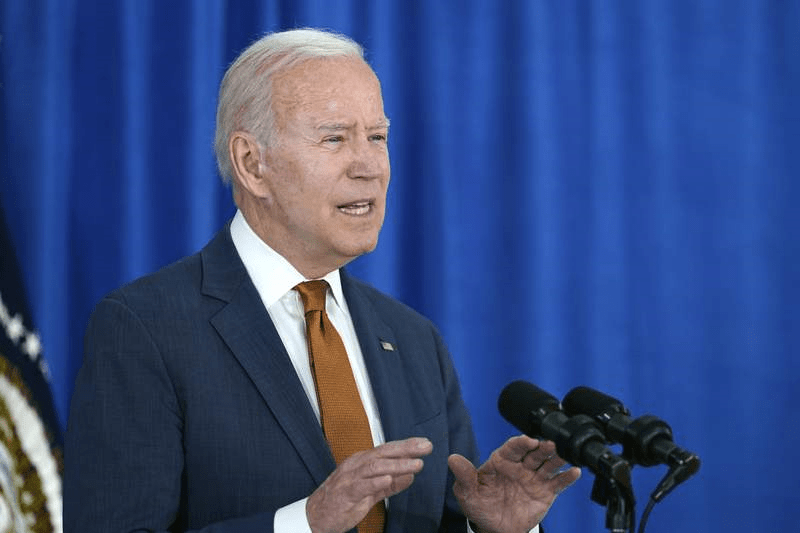

June 7, 2021: -With G-7 finance ministers likely to back a U.S. proposal for a minimum corporate tax rate by the end weekend, analysts have highlighted how it could help form alliances on geopolitical issues in the years ahead.
For a long time, many European officials have called for a joint approach to taxation, even in countries such as Ireland, where some major U.S. tech giants are headquartered. Essentially, the argument has been to fix internal differences among the 27 E.U. nations, and the best outcome would be to find a standard method to tax in an international setting.
President Biden has now given hope to like policy, supporting a global minimum corporate tax rate of 15%. The question is not so much if there will be a deal in this regard but when it will be confirmed. The rules are not expected to impact taxation but also on other fronts, which include how the U.S. deals with China.
“Take any issue that is a problem from Washington’s point of view when it comes to China, currency, intellectual property, the pandemic’s origin, behavior in the South China Sea, Xinjiang. All of these are important to Washington to various degrees. And they’re important to the Europeans, too,” Jeremy Ghez, affiliate professor at H.E.C. Business School in Paris, told CNBC on Thursday.
“Where Biden and Trump may differ is on the issue of alliances. Trump felt they were of little help and that Europe was as bad as China when it came to trade. On the other hand, Biden believes that you may be able to push China down a more constructive path with a broad coalition.
International pressure, which is the pressure not coming from Washington, could be helpful on any of these topics,” Ghez said.
In the latest escalation toward China, Biden has signed an executive order that bans American entities from investing in 59 Chinese firms allegedly tied to the military.
The E.U.’sE.U.’s relationship with China has been bumpy in recent months. However, ties between the E.U.E.U. and China had ended 2020 on a high note, with the signing of an investment deal that would make it easier for European firms to invest and work in China, facing competition from state-funded firms.
However, Europe’s ratification has been put on hold by Europe after a diplomatic row with Beijing. At the time, the E.U.E.U. Decided to impose sanctions against China to treat the ethnic minority Uyghurs, and Beijing retaliated by the announcement of counter-sanctions against members of the European Parliament.
The predominantly Muslim Uyghurs, who live mainly in the west of China, have been identified by the United Nations, United States, United Kingdom, and others as a repressed group. However, China’s foreign ministry in March characterized such claims as “malicious lies” designed to “smear China” and “frustrate China’s development.”
Discussions about China can continue between U.S.U.S. and E.U.E.U. officials after next week’s G-7 leader’s meeting, when Biden flies to Brussels for an EU-U.S. summit on June 15.








© THE CEO PUBLICATION 2021 | All rights reserved. Terms and condition | Privacy and Policy